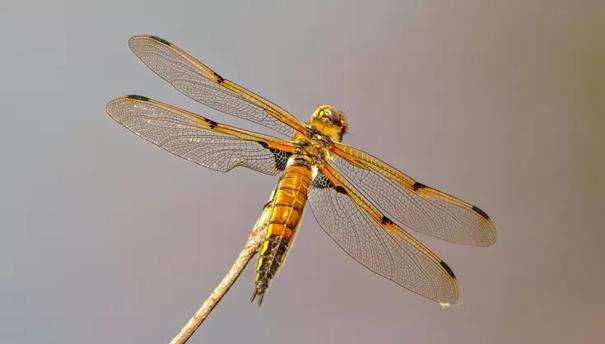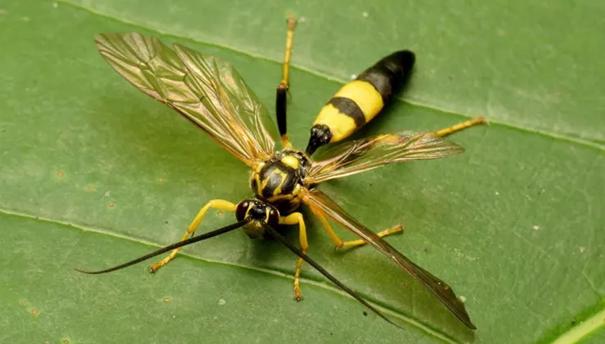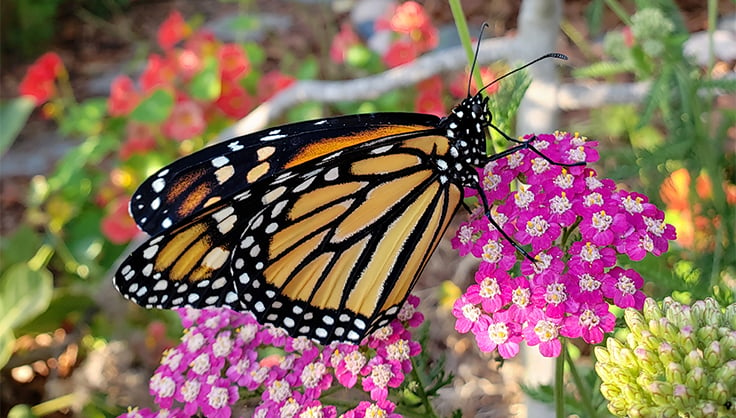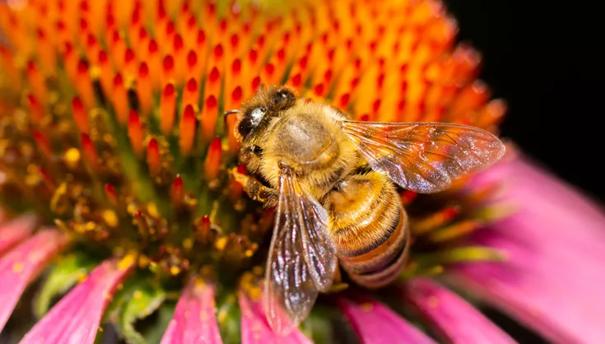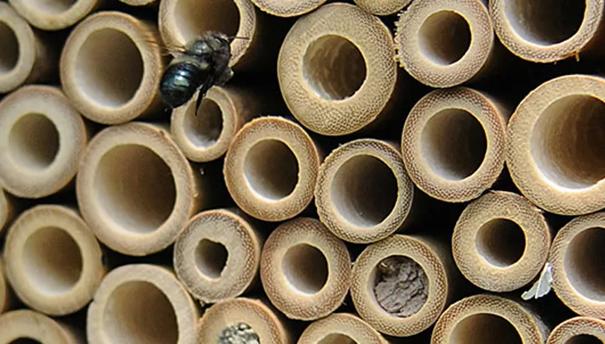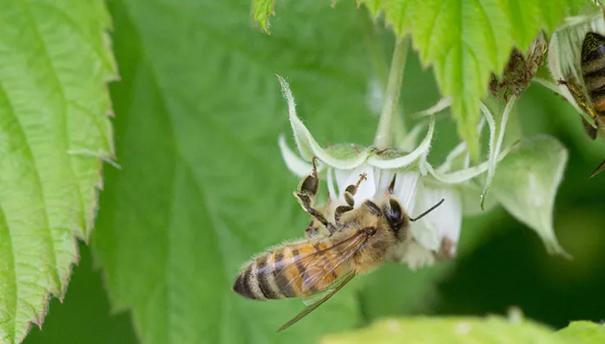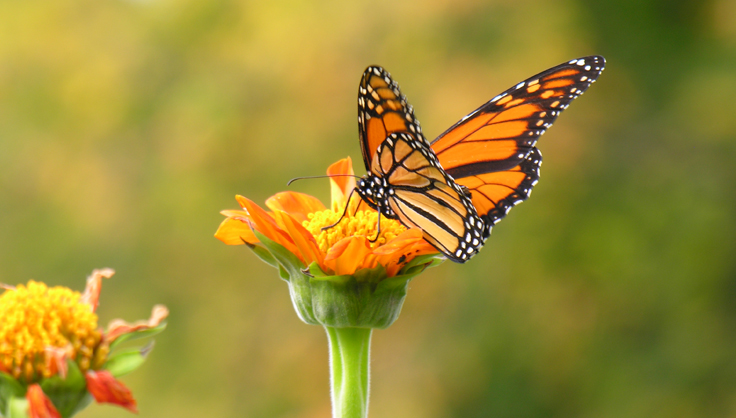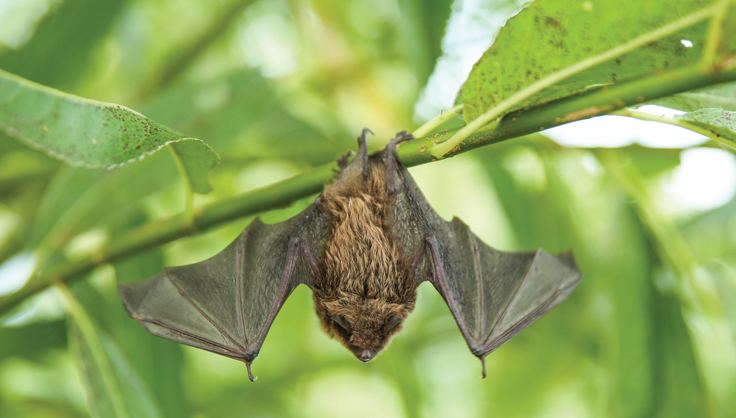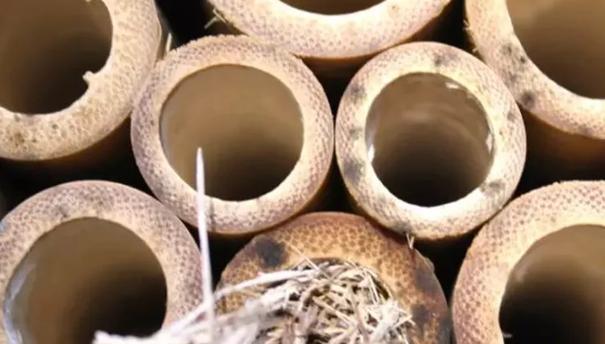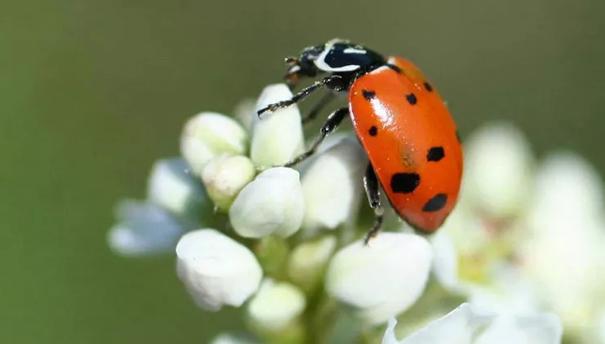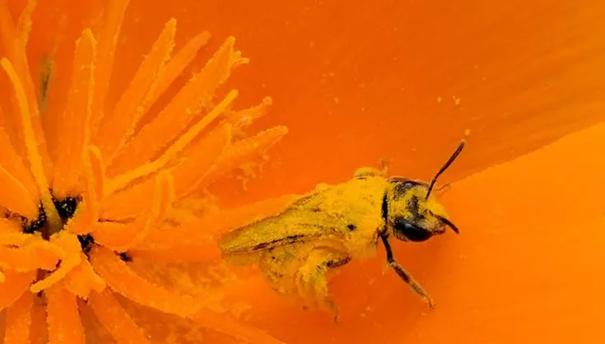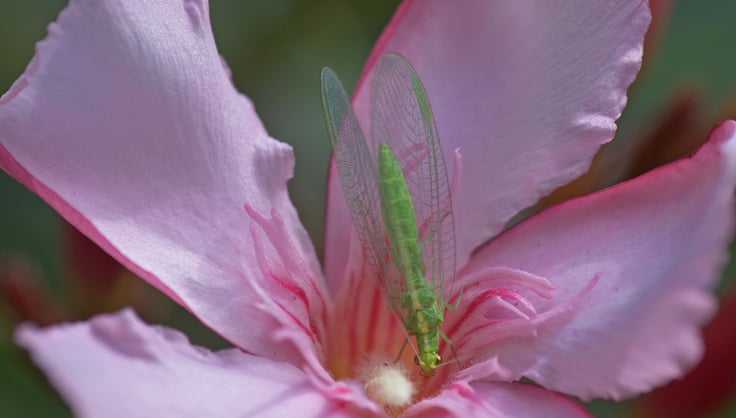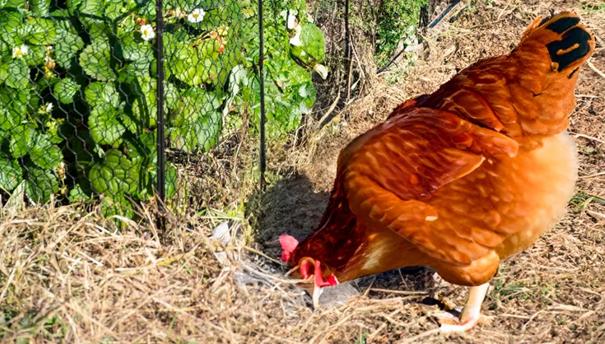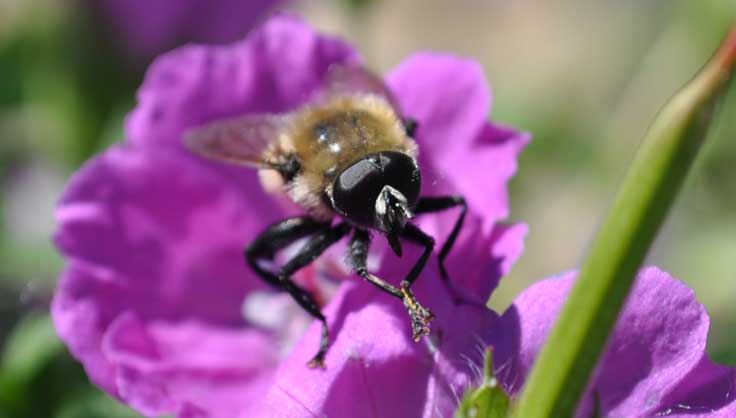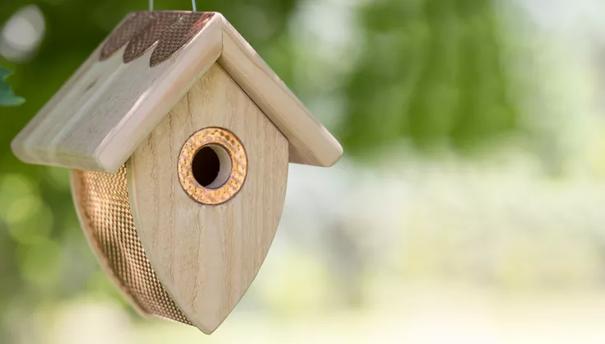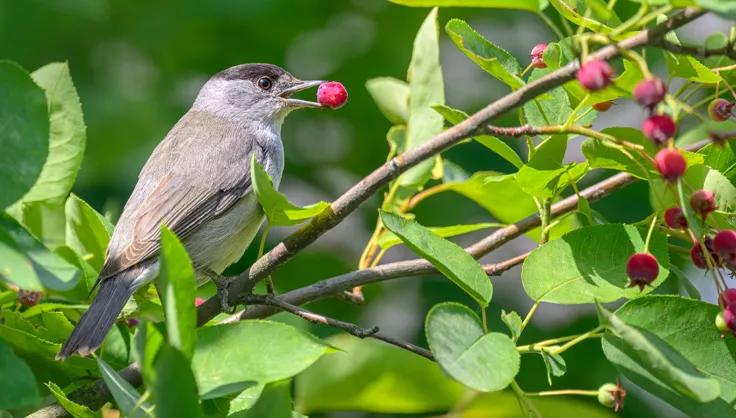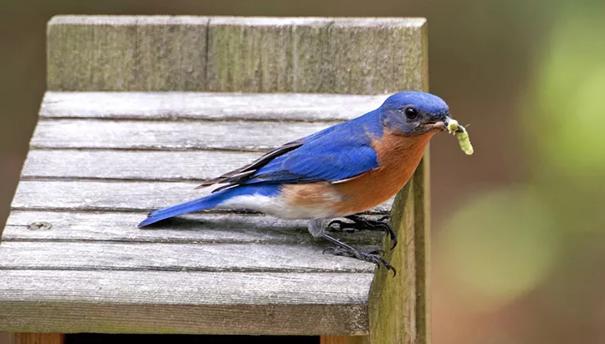Beneficials in the Garden
-
Most garden visitors -- more than 95 percent -- are either beneficial or benign.
-
Although their appearance is admittedly scary, parasitic wasps help control cutworms, tomato hornworms, aphids, and other garden pest populations.
-
Pollinators are beneficial to our food systems, environment, and economy! Learn who they are, what they do, and how we can welcome them in our garden.
-
Beekeeping and gardening go naturally together. Here are some things prospective beekeepers should consider.
-
Learn how to put mason bees to work, pollinating your garden.
-
Take a look at our list of favorite plants that attract butterflies, hummingbirds, and bees. Do you have any of these in your garden?
-
By planting wildlife-friendly gardens, gardeners can help reverse the habitat destruction and species loss that has occurred over the last century.
-
Learn how -- and why -- you should make a home for bats in your backyard.
-
Mason bees are small bees native to North America and are very good pollinators for flowers and fruit trees. They visit as many a 1,000 blooms per day.
-
Native lady beetles are welcome garden guests, as they eat aphids, mites, and other small pests.
-
Protect our pollinators by planting pollen- and nectar-rich native flowers.
-
Learn how to attract the lacewing, a beneficial insect.
-
This is the first in a series of three blog posts featuring excerpts from Lisa Steele’s book, Gardening with Chickens.
-
Think beyond the bees! Butterflies, birds, moths, and bats are also important pollinators.
-
Many birds build their own nest, but there are more than two dozen North American species that prefer the cozy comforts of a natural cavity or birdhouse.
-
Welcome both winged and warty beneficial wildlife to your garden.
-
There are lots of great reasons to make your yard and garden more welcoming to birds. But here's one more: pest control!

